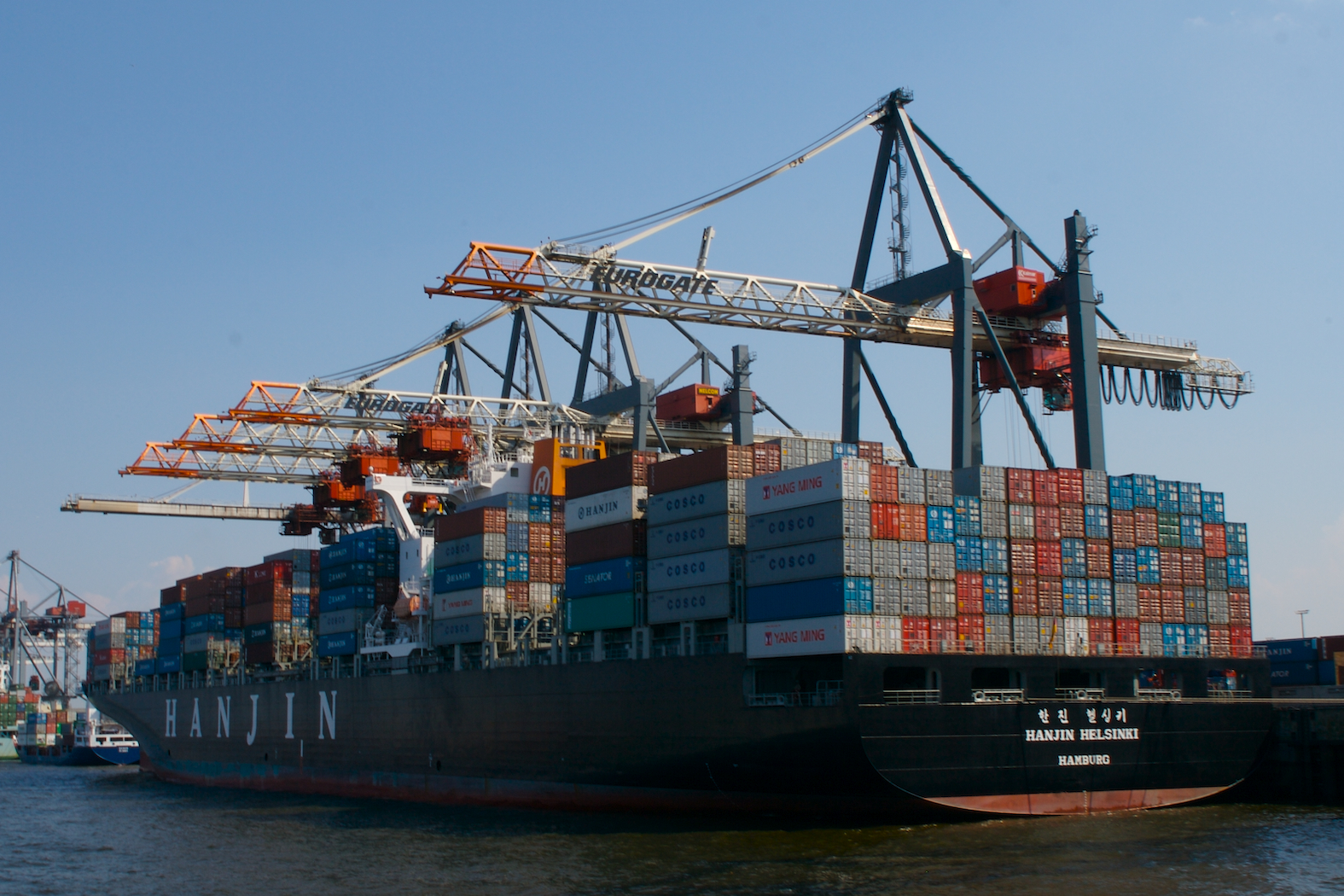Why blockchains & supply chains?
Why blockchains & supply chains?
Up to 80% of cyber breaches may involve supply chain compromise. Supply chain-based risks include counterfeit goods and malware-embedded software and hardware, whether used directly by a consumer or embedded in other devices. One of the largest distributed denial-of-service attacks was enabled by compromised software in devices like digital cameras. Meanwhile, with high-profile pilot projects from IBM, Walmart, Bank of America, and others, important global actors are betting on blockchain and related emerging distributed ledger technologies—the technologies underlying Bitcoin—to transform supply chain security in the cyber age.
When people hear the word Bitcoin they think crazy speculative bubbles, scandal-ridden and shady ventures, or maybe China’s recent decision to ban the cryptocurrency altogether. But blockchain technology is being heavily invested in by Wall Street banks, tech giants from Intel to Google, and even facilities maintenance and agricultural concerns. Why? Blockchain technology provides a new way to authoritatively record and track transactions in a decentralized, distributed fashion, with the potential to disrupt traditional intermediaries and possibly whole industries. Blockchain and other distributed ledger technologies are being developed for a variety of applications, from securities settlement to identity management.
But how do industry leaders, scholars, experts, and government officials separate the hope from the hype? Blockchain-based distributed ledger systems—created for cryptocurrencies but migrating into payments, law, and accounting—have been described as a solution in search of a problem. Supply chain security in the cyberworld may be one such problem. Digital economies for soft goods (software, intellectual property, digital creative content) and a globalized economy for vital hard goods (medical devices, food, critical infrastructure, precious goods) rely on the coordination of complex supply chains involving multiple producers, manufacturers, resellers, and service providers. Secure and reliable supply chains depend on systems of sourcing and procurement, inventory tracking and management, logistics and finance, and, especially for software, version control, updating and patching, and access limitation. How might blockchain technologies help make these supply chains more secure and reliable—and reshape the future of the global economy?
Distributed ledger technologies show particular promise for reliably tracking titles to property, the provenance of precious goods, and the ownership of art and intellectual property and for securing the supply chains for software and other critical technologies. Indeed, a rapidly-growing area of blockchain investment is logistics, not just the movement of physical goods but also the replication and distribution of digital ones, too. This conference, the first of its kind, will hone in on the promise (and perils!) of blockchain technology for logistics and critical goods in digital and physical hardware. Bringing together an expert group of scholars, technologists, industry practitioners, and government actors, we will take up real-world case studies to explore these technologies’ disruptive and innovative potential. We will explore questions like:
- What are the prerequisites for successful supply chain security?
- What problems can blockchain technologies solve, and what new vulnerabilities might they create?
- What forms of security do blockchains provide, and what new risks do they introduce?
- How are real-world instances of blockchain-based supply chains making an impact on commodity traceability, precious goods provenance, software verification, intellectual property, critical infrastructure, and the Internet of things?
- How should we understand blockchain-based supply chain security in contemporary and historical contexts of complex global and digital business processes? What lessons might this history hold for the future?
